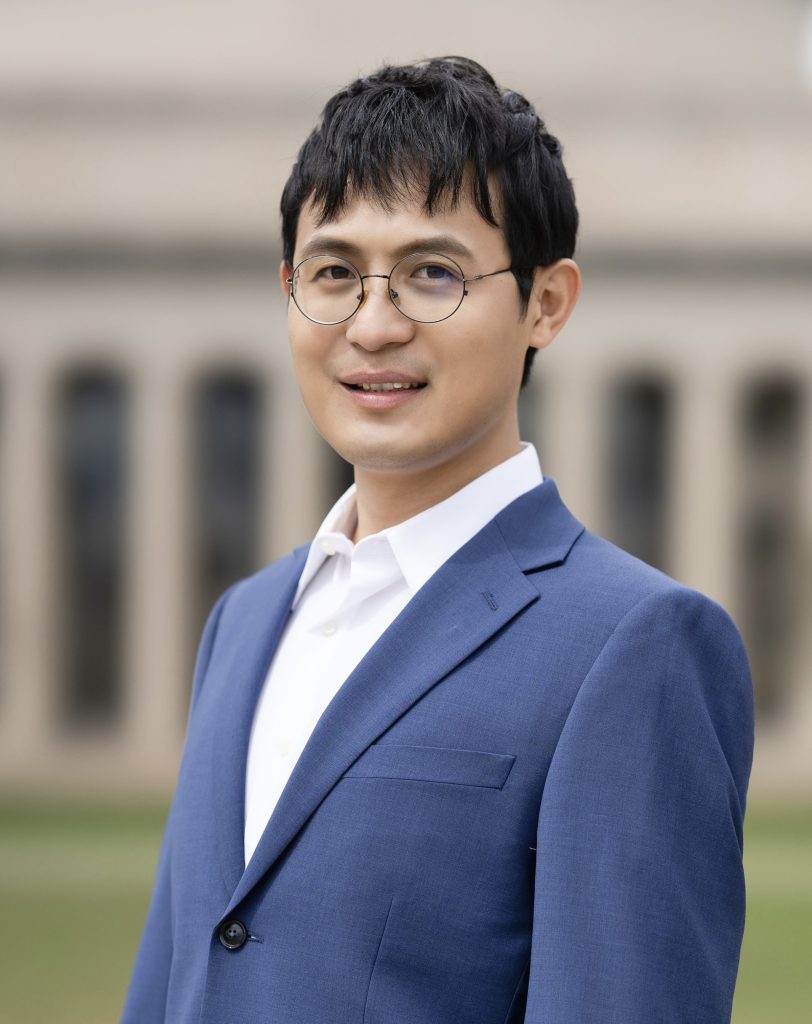March 15, 2024
3:00 pm
Venue
Gilman 132
Title: Optofluidics for Human and Planetary Health
Abstract: Optofluidics is the study of the synergies between optics and fluid mechanics, especially microfluidics, and how these synergies can be used to drive technological innovation. In this talk, I will describe several of the ways we have been able to use optofluidics to solve problems in human and planetary health. First, I will briefly introduce our recent effort in developing optofluidic biosensors with better cost, reliability, and accuracy to enable potential use at the point of care. Next, I will present how optimizing the interactions between light, catalyst, and flow can be used to enhance the efficiency of optofluidic reactors for photothermal CO2 catalysis, along with how the reactor technology was upscaled through the $20M Carbon XPrize, a global competition for breakthrough technologies in CO2 conversion. I will also introduce optofluidics-enabled design for artificial phytoremediation solar interface evaporation, solar-driven interfacial desalination for clean water production, and mobile direct air capture and conversion. These examples highlight the significant potential for optofluidics to address practical problems in human and planetary health. I will conclude my talk by sharing my vision of optofluidics-enabled design for integrated carbon capture and utilization, with a focus on distributed systems.
Bio: Dr. Xiangkun (Elvis) Cao is a lifelong Schmidt Science Fellow (SSF), selected by Schmidt Futures in partnership with the Rhodes Trust. Mentored by SSF Academic Council’s Founding Chair, Professor Sir Keith Burnett, Elvis pursues his independent research vision of integrating carbon capture and utilization at MIT. He received his Ph.D. from Cornell University, working with Professor David Erickson, focusing on optofluidics. Dr. Cao secured $750K USD in grant funding as the PI/Co-PI from the Commission for Environmental Cooperation and the Carbontech Development Initiative by NYSERDA, among others. Dr. Cao has been named an Activate Fellow, an MIT Climate & Sustainability Consortium Impact Fellow, a Carbon Removal Justice Fellow, and a German Chancellor Fellow by the Humboldt Foundation. Cao has received Forbes 30 Under 30 in Energy for North America, Lindau Nobel Laureate Meetings Young Scientist, ME Rising Stars by UC Berkeley, and MSE Rising Stars by CMU, Stanford, and MIT. Besides research, Cao was inducted into the Edward A. Bouchet Honor Society for his effort in promoting diversity, equity, and inclusion.
